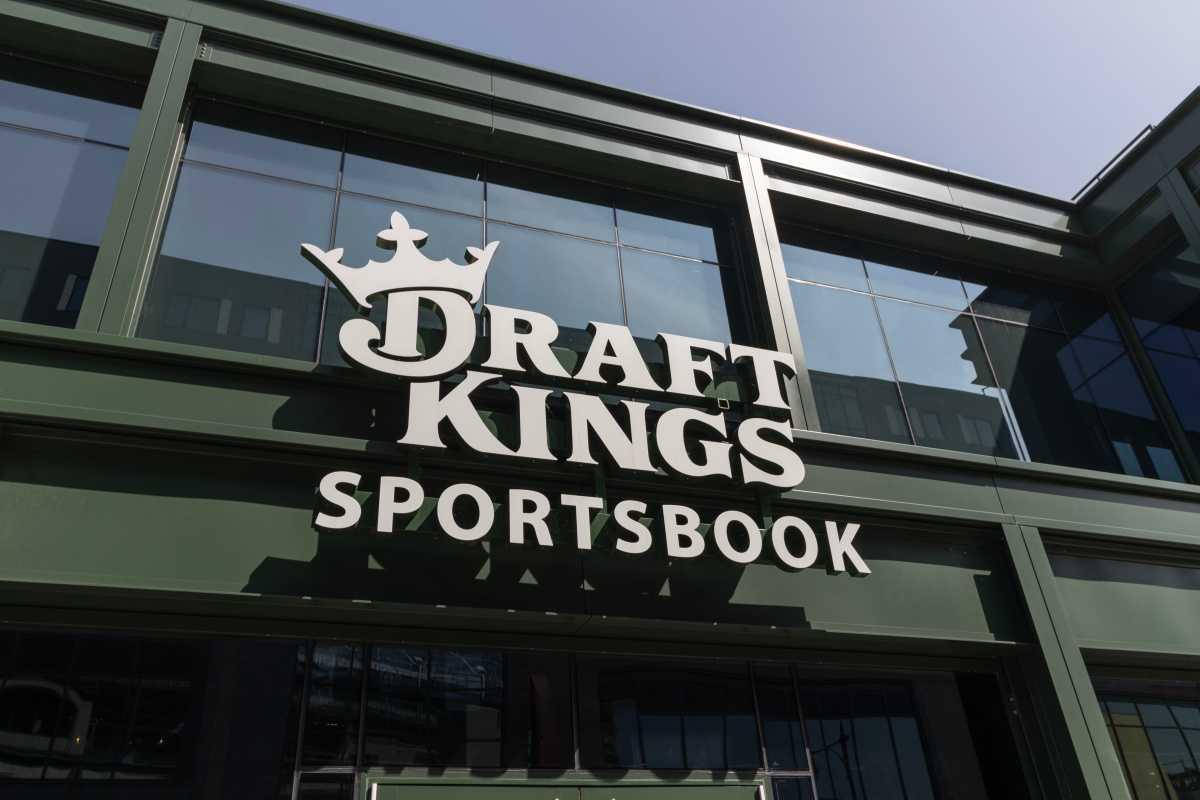Once a humble pastime among sports-nerd friends with spreadsheets and newspapers, fantasy sports have evolved into a multi-billion-dollar industry powered by big data, real-time algorithms, and an alarming number of group chat arguments. What began as a quirky side-game for football fans has become a digital arms race of stats, strategy, and serotonin hits.
But how did we get here—from passing around hand-written draft sheets to rage-dropping players on an app at 2 a.m.? And what does our obsession with fantasy leagues say about modern fandom, identity, and the need to feel just a little bit in control?
From Barstools to the Big Leagues
Fantasy sports were born in the 1960s but really took off in the late 1990s with the rise of the internet. Suddenly, fans didn’t have to rely on newspapers and calculators—they had Yahoo! Fantasy Football and dial-up. Leagues got bigger, stakes got higher, and trash talk got bolder.
Today, platforms like ESPN, Sleeper, and DraftKings offer slick interfaces, predictive analytics, and instant scoring updates. And it’s not just football anymore—baseball, basketball, golf, Formula 1, even esports have joined the fantasy fray.
The Data Revolution
At the heart of fantasy sports’ rise is our modern-day worship of data. Advanced stats like “expected goals,” “yards after contact,” or “PER” (Player Efficiency Rating) have turned sports into spreadsheets with uniforms. Fantasy players now operate like armchair GMs, using machine-learning predictions and custom projections to outmaneuver opponents.
This isn’t just a game anymore—it’s a simulation of managing the game. And it’s deeply satisfying to make a call based on data and watch it play out on national TV like your personal stock market.
Dopamine Delivery System
What really fuels fantasy sports? Not just competition—but dopamine.
Each week offers:
-
Mini wins (your kicker scored 17 points!),
-
Mini tragedies (your star QB got injured on the first snap),
-
Endless micro-decisions (do I start the rookie or the veteran?).
All of it keeps your brain engaged. Fantasy sports hack into the same feedback loops as slot machines and social media—variable rewards, emotional investment, and the illusion of control.
Identity, Ego, and Digital Fandom
Fantasy sports also tap into something deeper: identity. Your team is an extension of you. Your performance becomes social currency. And suddenly, a Bears fan finds themselves rooting for a Packers receiver—because loyalty to your fantasy team outweighs real-life rivalries.
It’s also an equalizer—you don’t need to be athletic to win. You just need internet access, spreadsheet skills, and the ability to emotionally detach when your top draft pick tears an ACL.
The Bigger Picture
Fantasy sports blur the line between spectator and strategist, game and game theory, fan and franchise. They’ve gamified fandom, commodified athletes, and turned Sunday afternoons into part-time jobs for millions.
But maybe that’s not such a bad thing. In a world where so much feels unpredictable, fantasy sports offer the comforting illusion that if you just make the right pick, tweak the right lineup, and read enough Reddit threads... you might finally beat your friend Jeff.
And isn’t that what sports are all about?



